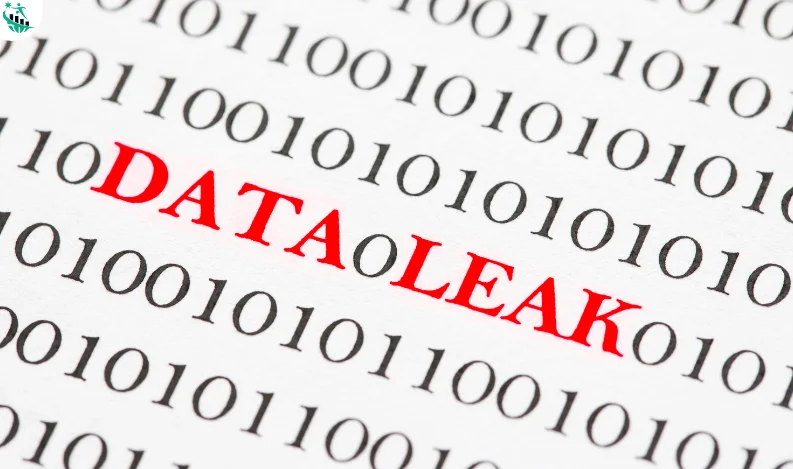
World's Largest Password Leak Exposes 16 Billion Credentials
In an unprecedented cybersecurity event, over 16 billion unique login credentials have been exposed online, making it the largest password breach in internet history. The credentials, many harvested via infostealer malware, are now being traded across dark web forums, posing an immediate threat to digital security worldwide.
The breach, first reported by Cybernews and Forbes, has triggered alarms among tech giants and global security agencies due to the freshness, volume, and structure of the leaked data.
Leak Origin and Scale
According to Cybernews researcher Vilius Petkauskas, the leaked information was extracted from at least 30 data sets, each containing tens of millions of records. These include newly compiled logs from devices infected by infostealers, malware that silently steals login details, email credentials, cloud access, and more.
Unlike past leaks consisting of outdated or recycled data, this breach includes highly structured logs, showing website URLs followed by precise usernames and passwords, ready for use in credential stuffing attacks, phishing schemes, and account takeovers.
Targets include platforms like Google, Apple, Facebook, Telegram, GitHub, and even government portals.
Global Security Response
In response to the breach:
-
Google has urged users to adopt passkeys instead of passwords.
-
The FBI issued warnings against phishing SMS messages likely tied to the leaked credentials.
-
Cybersecurity firms are calling it a “blueprint for mass exploitation.”
"This isn’t just another data leak, it’s a cybercrime accelerator," one security analyst warned. With billions of records now accessible, low-skilled cybercriminals can easily infiltrate personal and institutional systems.
Expert Recommendations: What You Should Do
Every internet user is at risk. Experts recommend the following steps immediately:
-
Change all critical account passwords, especially for banking, email, and social media.
-
Use a password manager to create strong, unique passwords for each site.
-
Enable two-factor or multi-factor authentication (MFA).
-
Switch to passkeys where supported by apps and websites.
-
Monitor the dark web using available tools to see if your data is compromised.
According to Merca20, the leak significantly reduces the barrier to entry for cybercriminals. For many, it’s now as easy as buying login data for a few dollars online.
Where Did the Data Come From?
Investigators believe the exposed credentials originate from a mix of:
-
Credential stuffing attacks using previously leaked data
-
Repackaged past breaches
-
Fresh logs collected from infostealer-infected devices
In some instances, hackers inadvertently left stolen databases unsecured, allowing the information to spread quickly across dark web marketplaces.
Final Warning: Act Before You’re Affected
Cybersecurity professionals caution that anyone connected to the internet is now a potential target. The combination of sheer scale, structure, and recency makes this breach one of the most dangerous in digital history.
"One compromised password can unlock a person’s entire digital life," experts said. It’s a stark reminder that in today’s digital world, password hygiene and security awareness are not optional, they’re essential.



Recent Comments:
No comments yet.